Augustus Henry FitzRoy, 3rd Duke of Grafton
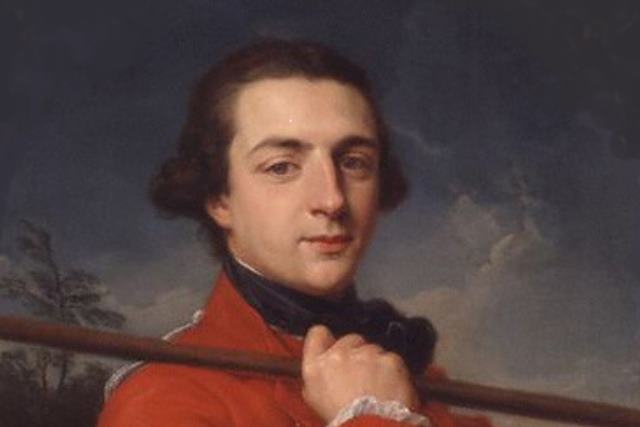
...a close associate of the Duke of Newcastle and FitzRoy was brought up within that Whig tradition. He was educated at Hackney School and then Peterhouse, Cambridge (1751-3), before undertaking...
Andrew C. Thompson is an Official Fellow and Director of Studies in History at Queens' College, Cambridge, and a co-editor of History & Policy's No. 10 guest historians' series on the GOV.UK website. He is interested in politics, international relations, and religion in Britain and Europe in the long eighteenth century. His most recent book is George II: King and Elector (Yale University Press, 2011).

...a close associate of the Duke of Newcastle and FitzRoy was brought up within that Whig tradition. He was educated at Hackney School and then Peterhouse, Cambridge (1751-3), before undertaking...
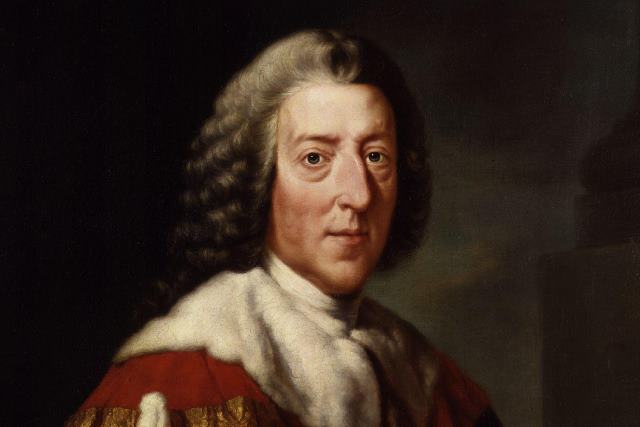
William Pitt the Elder, first Earl of Chatham, was an important war leader who found it harder to govern in peace time. Born in November 1708, Pitt’s grandfather and father were both MPs and his grandfather, Thomas, had been governor …
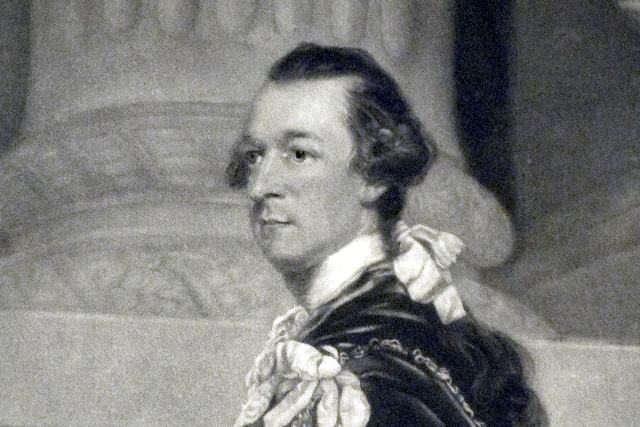
...to Mary Bright in 1752. Rockingham, like his father, was closely associated with the political grouping around the Duke of Newcastle, and his brother, Henry Pelham. His land holdings brought...
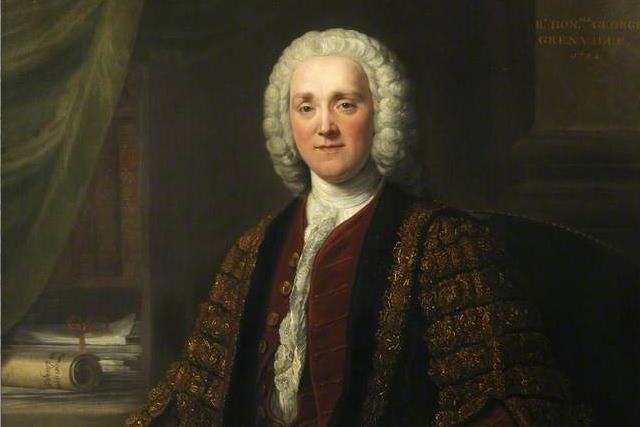
...with first the Duke of Devonshire in 1756 and then the Duke of Newcastle in 1757. His hopes of becoming Chancellor of the Exchequer were thwarted and he returned to...
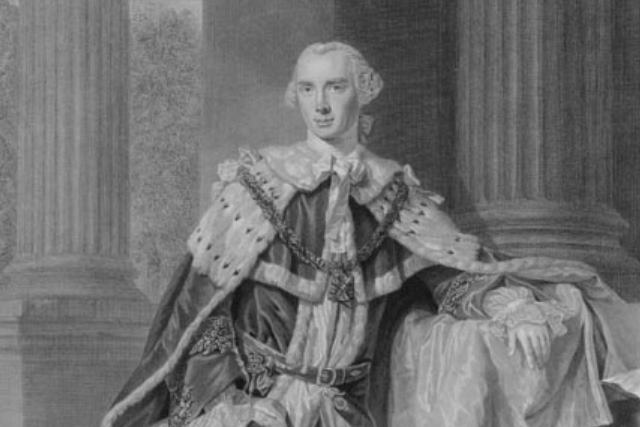
...George was a close one – he was a father-like figure for the young prince. Following George II’s death in October 1760, the new King promoted Bute quickly. He became...
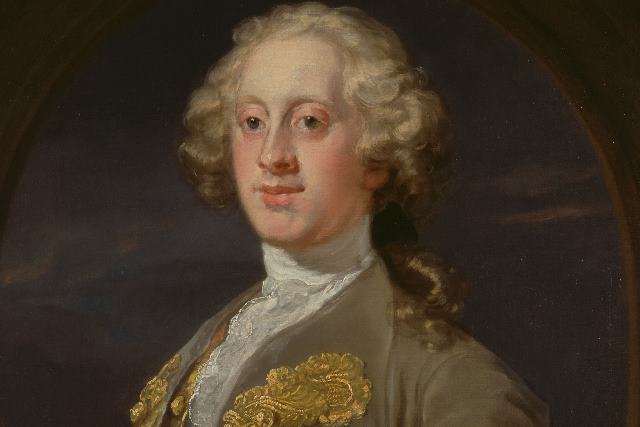
...Corps Whig grouping, led by the Duke of Newcastle, his brother Henry Pelham and the Earl of Hardwicke. He remained loyal to them throughout their, ultimately successful, struggle to displace...
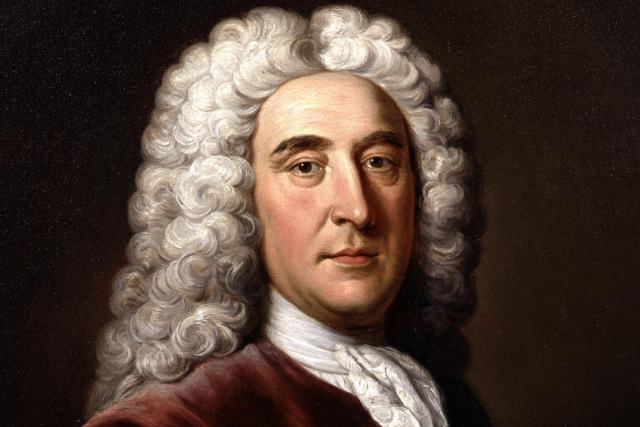
...and support the ministry’s leader in the Commons, Henry Fox, sufficiently. His attempts to prevent war in American and Europe failed. The ignominious loss of Minorca to France led Newcastle...
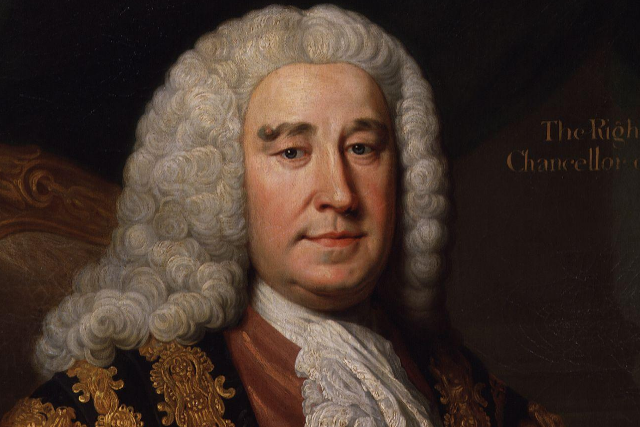
...his diplomatic skills in a period of international tension. The Old Corps Whigs were, however, slowly able to gain the upper hand over their old rival by resigning in February...
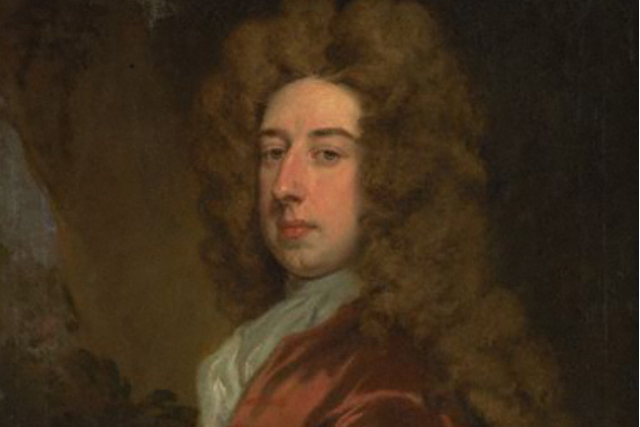
...the administration until his death in July 1743 but Walpole’s political heirs, Newcastle and Pelham, and John, Lord Carteret remained powerful political figures. Unmarried, his estates were left to his...
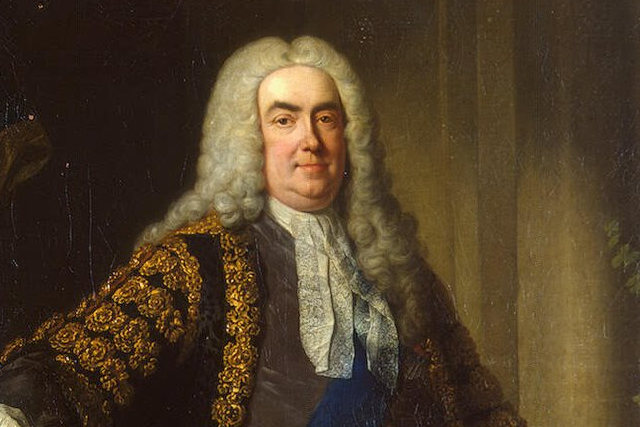
“My Lord Bath, you and I are now as insignificant men as any in England.” Today often viewed as the first British Prime Minister, Walpole was described by contemporary opponents as the ‘Screen-Master General’, adept at pulling all the political …
This blog gives insights into the history of government – its development, its departments and some of the roles and people involved. Find out more.